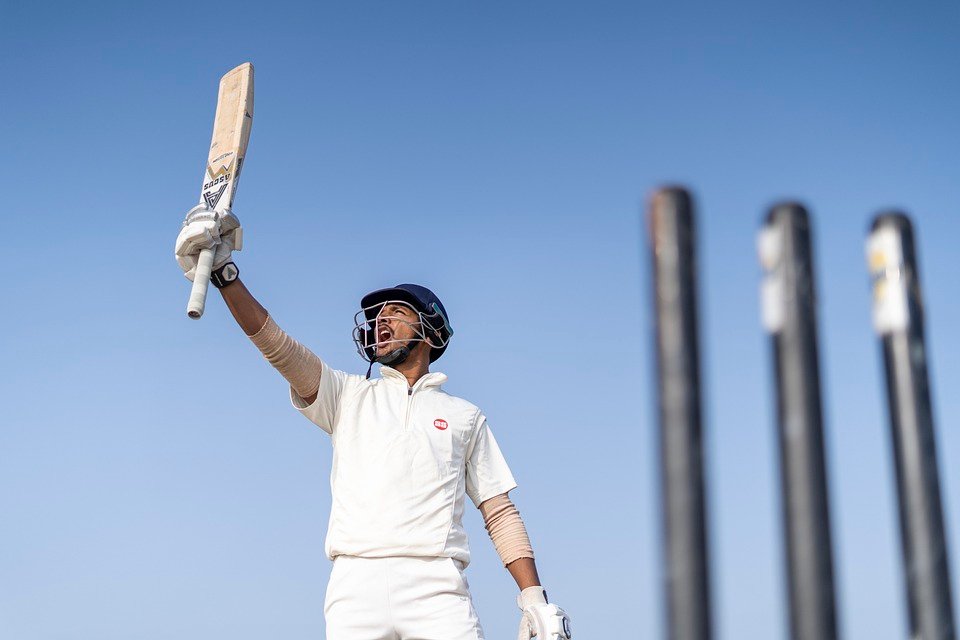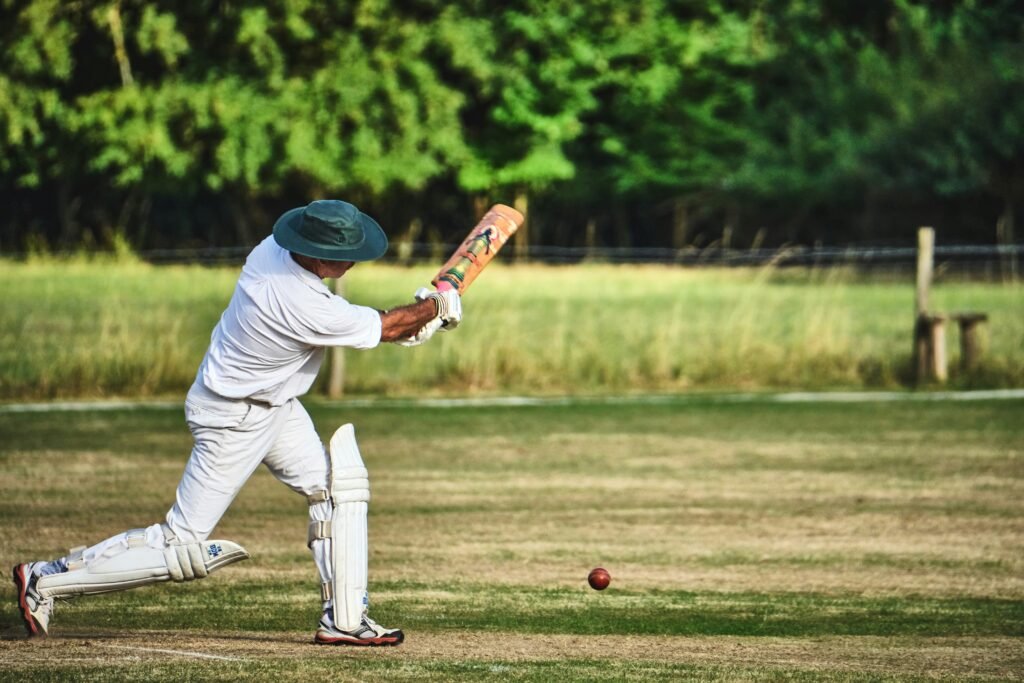In recent discussions surrounding cricket governance, “Mohsin Naqvi urges direct diplomatic talks between BCCI and PCB 2025” has become a focal point of interest. This topic is crucial as it touches upon the need for collaboration and understanding between the Board of Control for Cricket in India (BCCI) and the Pakistan Cricket Board (PCB). With tensions often overshadowing cricketing ties, Mohsin Naqvi’s call for open dialogue could mark a significant shift in the relationship between these two powerhouse boards. In this article, I promise to provide you with the latest updates and insights on this development, ensuring you have all the information you need to grasp why this initiative is so important.
Looking ahead, I believe that the call for direct diplomatic talks between these cricketing bodies could pave the way for seamless interactions and more collaborative events in the future. Our expertise at providing up-to-date and accurate sports information is backed by over 10 years of experience since 2013 in the cricket and sports field. I feel confident that we can offer you a comprehensive understanding of why “Mohsin Naqvi urges direct diplomatic talks between BCCI and PCB 2025” is a significant step forward, not just for the boards involved but for cricket fans around the world. Join me as we explore the implications of this appeal and what it might mean for the broader cricketing landscape.
Mohsin Naqvi Urges Direct Diplomatic Talks Between BCCI and PCB 2025
The Importance of Direct Communication
Direct communication plays a vital role in building and maintaining relationships between two entities. When two cricket boards, like BCCI (Board of Control for Cricket in India) and PCB (Pakistan Cricket Board), communicate openly, it can promote transparency. In my opinion, this approach can help resolve issues more effectively than indirect methods. It allows both parties to express their thoughts, address concerns, and build trust.
Moreover, talking directly can breathe life into plans and agreements. Imagine two friends sitting down for a chat. They can share their ideas and hear each other out without misunderstandings. That’s what Mohsin Naqvi envisions for the cricket boards. He believes that if the boards connect on a personal level, they can create a more harmonious cricketing environment, which benefits players and fans alike.
Mohsin Naqvi’s Vision
Mohsin Naqvi has earned respect in the sports community for his thoughtful insights. He realizes the importance of cricket in both India and Pakistan. It’s more than just a game; it symbolizes hope and unity. In my viewpoint, his call for diplomacy is like planting seeds that can grow into fruitful partnerships. He suggests that dialogue could lead to exciting collaborative ventures that both boards can embrace.
In addition, I feel his perspective urges both nations to look beyond their differences. Establishing goodwill can help the cricketing world thrive. Naqvi’s vision extends not just to cricket matches but also to cultural exchanges and other sports collaborations that can benefit both countries.
History of India-Pakistan Cricket Relations
The cricketing relationship between India and Pakistan has experienced moments of glory and challenges. The rivalry is fierce, but it also creates excitement among fans. Over the years, there have been periods where teams faced each other, and then times when they didn’t play matches due to political tensions. I think this on-and-off relationship has kept both nations in a state of anticipation regarding cricket.
Rebuilding those connections is crucial for the future. By fostering dialogue, the boards can pave the way for regular matches and tournaments. This consistency will not only help players sharpen their skills but also allow fans to enjoy thrilling encounters more often. Regular interactions can strengthen the love for the game shared between both nations.
Benefits of Direct Talks for Cricket Fans
For cricket enthusiasts, direct diplomatic talks between BCCI and PCB can lead to many positive outcomes. Imagine the thrill of knowing that more matches between India and Pakistan will happen consistently. Fans eagerly await those high-stakes encounters, and I feel that regular matches can enhance the excitement.
Moreover, increased communication can mean better arrangements for fans at stadiums and those watching from home. Direct talks can lead to improved logistics regarding tickets, broadcasting, and other details that enhance the viewing experience. In my opinion, fans deserve a seamless experience while enjoying their favorite sport, and effective dialogue between cricket boards can help achieve that.
Challenges to Overcome
It’s essential to recognize that there are challenges to facilitating direct talks between BCCI and PCB. Various political and social factors can complicate relationships. While cricket can act as a bridge, it requires willingness from both sides to engage in constructive discussions. I think that acknowledging these hurdles is the first step in overcoming them.
That said, I believe the desire for cricket can motivate both boards to move past their differences. Focusing on the shared love of the sport can help both parties work toward a common goal—a better cricketing atmosphere. By addressing concerns openly, they can lay the groundwork for a more positive collaboration that benefits everyone involved.
The Role of Media in Promoting Dialogue
Media plays a significant role in shaping narratives and public perception surrounding cricket. When Mohsin Naqvi calls for direct talks, it’s crucial for media outlets to amplify this message. They can help create a buzz that highlights the importance of diplomacy in enhancing the cricket experience for fans. I feel that good media coverage can encourage fans to voice their support, leading to increased pressure on both boards to engage in dialogue.
Furthermore, an informed public can help create a better understanding of the benefits of cooperative talks. The media can explain how communication could lead to positive outcomes and encourage fans to rally behind the cause. By fostering a supportive environment, they can help both cricket boards embrace diplomacy, resulting in a win-win situation.
Looking to the Future of Cricket Diplomacy
As we look ahead, the concept of cricket diplomacy might hold great potential. Direct talks between BCCI and PCB can lead to groundbreaking changes in the cricketing landscape. I think the hope for a cooperative future where both boards work together can create excitement among fans. Engaging positively can lay a foundation for sustainable cricket relations that benefit players and spectators across both nations.
In time, we may witness new tournaments, friendly series, or joint events that can be a celebration of cricketing heritage. My hope lies in the belief that dialogue can shift the paradigm of the sport in South Asia. We must support initiatives like Naqvi’s call for direct talks, as they can lead to a brighter cricketing future for all.





